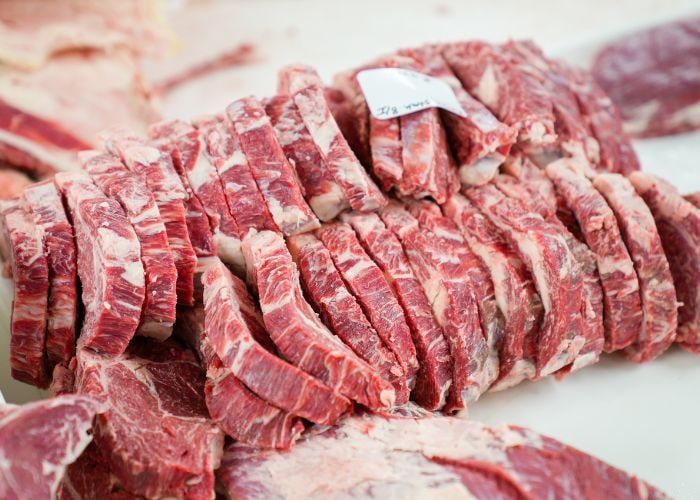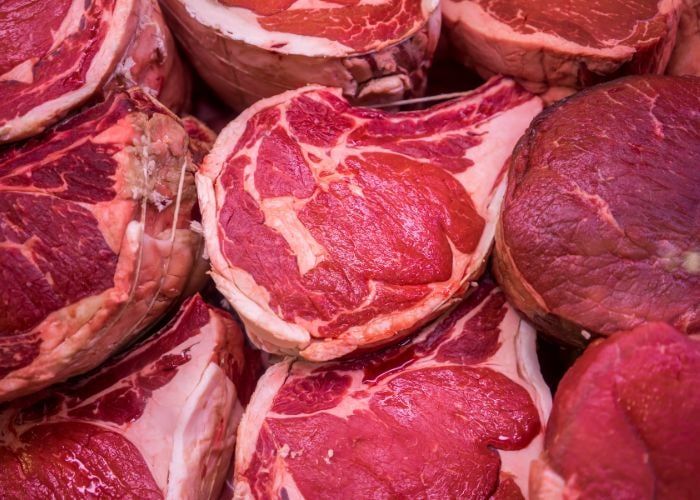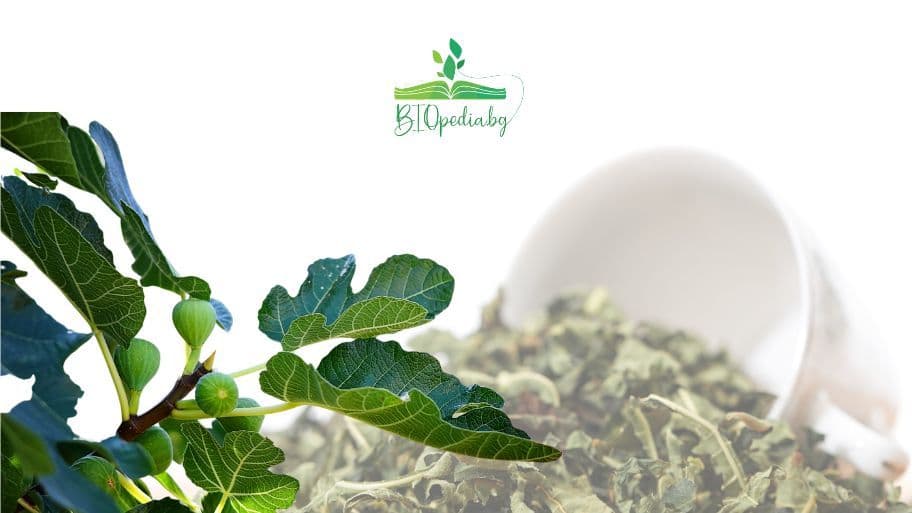Gone are the days when putting meat on the table happened once a week in a family. In recent decades, meat consumption has risen significantly, and so has the demand for it.
Nowadays, chicken, lamb, pork, veal or seafood and fish can be found on almost every family's table almost every day.
That is why farming, meat farming and meat production and the whole industry must somehow adapt to this high demand for and consumption of meat. And this gives rise to a number of controversial and unsustainable meat production and distribution practices.
And alongside these practices, the need for more sustainable and environmentally friendly practices for the production of clean meat is emerging.
Issues leading to the need for clean meat
Due to the high demand and need for meat, farmers are having to come up with ways to meet this demand.
This has given rise to certain practices such as injecting animals with hormones to stimulate rapid growth or reproduction and high birth rates.
Another common practice is for farmers to overpopulate their farms with many animals so that they can sell more meat. Unfortunately, these are not conditions that are conducive to the humane and quality rearing of these animals.
In general, these are not practices that can be described as sustainable or environmentally friendly. This unsustainable way of raising animals has a significant impact on the environment.
This brings us to the discussion of the negative impact of the meat industry on nature. The only and best way to counter these practices is to consume environmentally friendly meat.

Environmentally friendly meat - which are the most sustainably sourced types of meat?
If you want to change your meat consumption habits, one of the healthiest and best choices you can make is to emphasize the consumption of organic meat.
If you want to consume more organic meat, it is important to know how the production of each type of meat affects the environment and nature.
Lamb happens to be the product of the least sustainable practices. Lamb production creates the most carbon dioxide emissions into the air per kilogram of product.
This is due to the fact that cows require huge amounts of water, much more than any other animal.
Methane is also a product that is released when cows are reared. Unlike lamb and beef, pork is a much better option if you are in search of environmentally friendly meat.
But perhaps the best option is chicken and turkey because these animals do not release methane, do not need large amounts of water and do not need feed to raise them. Processing turkey and chicken meat is more energy efficient as opposed to processing meat from larger animals.
Environmentally friendly meat - how do we make sure we consume more of it?
No matter what meat you choose to consume, even if it is guaranteed to be environmentally friendly meat, it is important to specify that there will always be some effect on the environment.
But by making more of the right choices, we can make sure this effect is minimal. One of the ways we can make sure that we cause minimal negative effect on the environment is simply to reduce our meat consumption.
Even if we cannot exclude meat from our daily diet, it is important to select and purchase products that are guaranteed to come from sustainable sources and companies or producers.
It is also advisable to consume more chicken, turkey and pork at the expense of lamb and veal, because the production of the first groups of meats is much more nature-friendly and environmentally friendly.
Taking just one lamb or veal steak off the menu a week is equivalent to not using our car for three months, and so we manage to contribute to fewer harmful emissions.

Clean meat in the context of organic farming
Organic farming is a method of raising animals where the focus falls on being more sustainable and supporting biodiversity.
This type of farming focuses mainly on the use of natural resources, raw materials and conditions for raising the animals and producing the meat and completely excludes the use of chemicals and synthetic substances.
Organic farming attempts to significantly increase the yield of environmentally clean meat in natural and natural conditions for the animals, through natural breeding and feeding.
The use of hormones and other products to stimulate animal fertility and growth is prohibited. Meat products of organic farming receive a certificate of origin.
Organic meat and factory farming
Almost all developed economies rely heavily on factory farming for their meat production. The point of this type of meat production is to produce the maximum amount of meat to meet growing demands, using the minimum amount of raw materials and resources in the process.
This often entails treating the animals with hormones and products to stimulate fertility and growth. Many of the concerns also focus on the conditions under which these animals are kept in crowded farms.
The animals do not have enough free space and access to daylight and fresh air. As well as being inhumane practices, they are not environmentally friendly.

Meat is an essential part of almost everyone's menu nowadays. In order to be able to enjoy tasty and quality meat without it having a negative effect on the environment, it is important to focus on eating environmentally friendly meats.






Comments